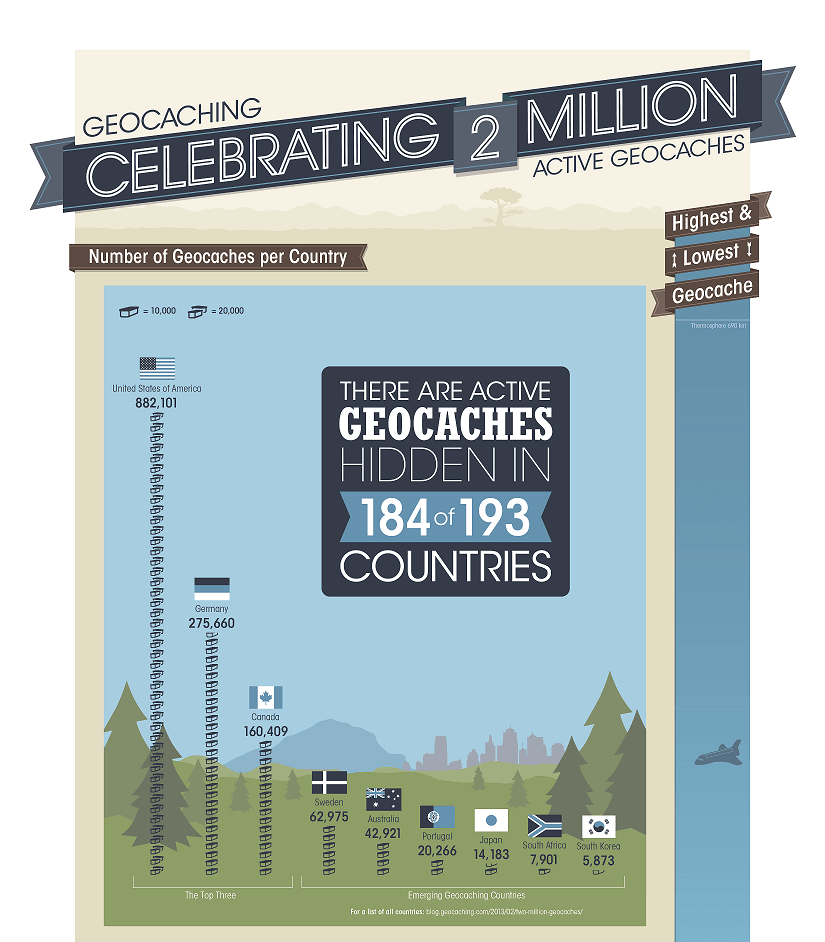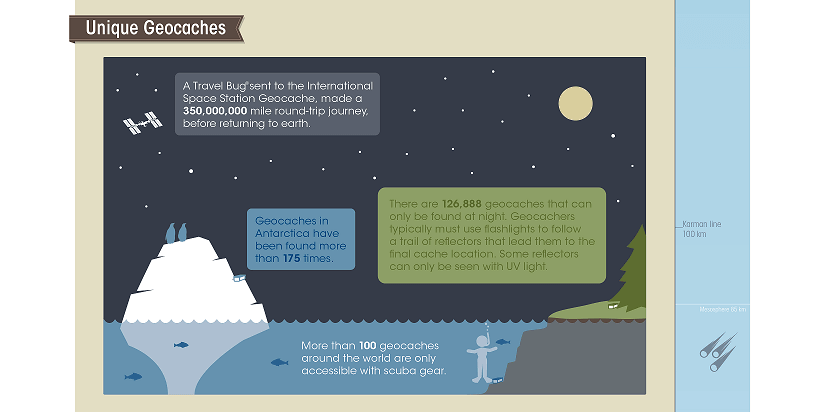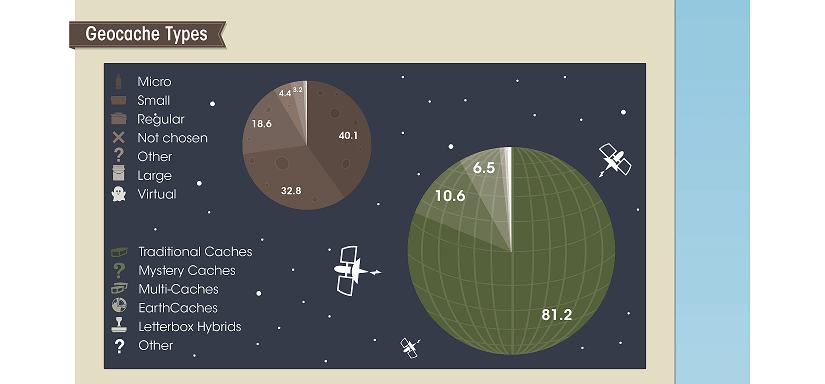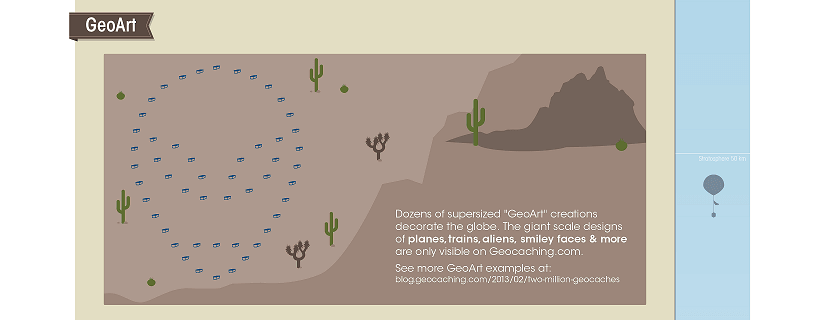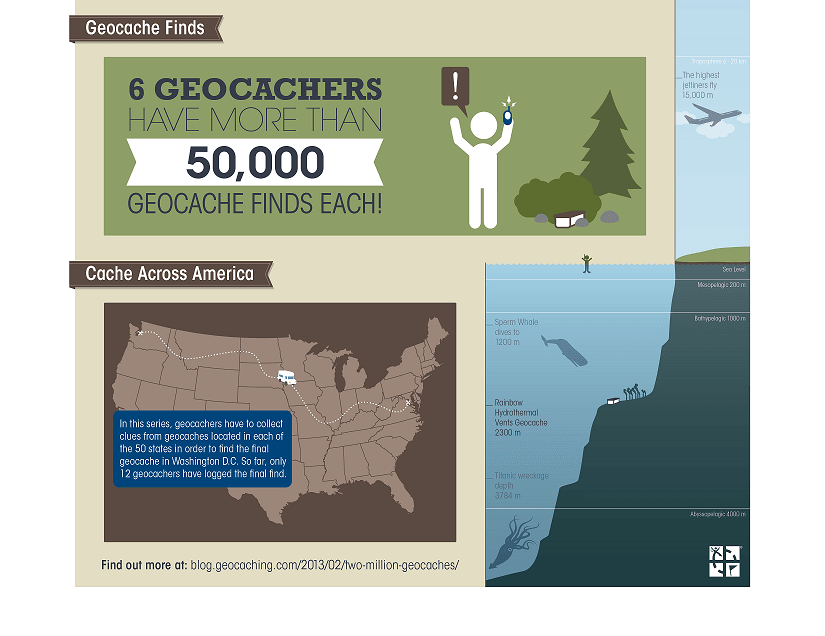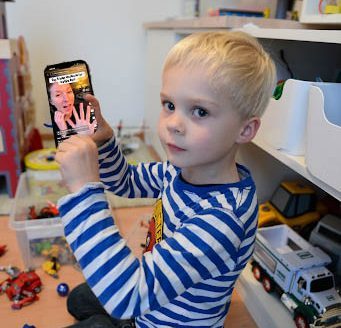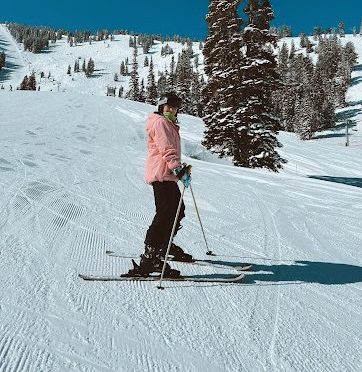Geocaching: mobile adventures for all
On a sweltering summer afternoon, juniors Matthew Mero, Megan McKeel, and Zachary Winningham trekked through the underbrush on the outskirts of UCF’s campus. Searching among the thick layer of dead leaves and saw palmettos, the adventurous trio kept their eyes peeled for a yellow box. After nearly five hours of trampling through the woods, they found their prize: three dollars, a paperclip and a piece of paper.
Geocaching, an increasingly popular activity that promotes outdoor exploration through its scavenger hunt styled app, depicts a map of local containers called Geocaches. Although it has existed for nearly 15 years, it recently gained popularity after its Youtube video went viral last year.
Geocaching allows anyone who downloads and registers with the app to hunt down Geocaches, which can be found in a multitude of places, including parks, forests, cities, and colleges across North and South America, parts of Asia, and Europe.
“It’s so exciting to think that people from all over the country [have] found the same thing I found just ten minutes from my house,” senior Bailey Bouton said.
Like Bouton, Mero, McKeel, and Winningham enjoy Geocaching because of its diversity in locations and in participants. The official Geocache website agrees, stating geocaches are “united by the spirit of exploration and the joy of discovery,” not by cultural or geographic differences, age, gender, or beliefs.
“Geocaching is great for everyone that has a little adventurous streak in them,” Winningham said. “It brings people together.”
The participants are not the only diverse aspects of Geocaching. Every time someone finds a Geocache, they fill out the accompanying log with their name and the date, and they can leave or exchange little trinkets to be found by the next person. These prizes can range from funky dollar store finds to rare coins to money. But for every item taken out of a Geocache, something of equal or greater value must replace it.
While unsavory items in Geocaches are against the rules, they are still left behind. Local law enforcement agencies are given free accounts to help monitor the hidden parcels, but members are asked to also keep tabs on Geocache contents and locations to ensure maps are up to date and hidden treasures do not include food, sharp objects, ammunition, illicit or illegal items, or alcohol, to name a few.
However, Geocaching doesn’t just involve finding possible prizes in the woods. Participants can even hide their own Geocaches and register them with the app for others to find.
Some Geocaches are well known among participants, gaining internet fame as Geocachers live tweet their adventures and their subsequent successes or failures.
“Some of them are really hard to find, they’re micro-sized, and one of them was a little pellet hanging from a tree,” Mero said. “It took my friends and I five hours to find and it was really hot and we had been out Geocaching all day, but it was so much fun.”
Although not for the faint of heart, Geocaching is a perfect opportunity to explore, to appreciate the outdoors, and to have fun with friends. Researchers at Texas A&M even found major health benefits to Geocaching.
Geocache rules can be found on their website, as well as explanatory videos, the history of geocaching, and tips for finding or hiding Geocaches.
“[Geocaching] is such a rush,” Bouton said. “It makes you really work together as a group while you discover new trails, learn about the environment, and make memories that last a lifetime.”
Your donation will support the student journalists of Hagerty High School. We are an ad-free publication, and your contribution helps us publish six issues of the BluePrint and cover our annual website hosting costs. Thank you so much!

